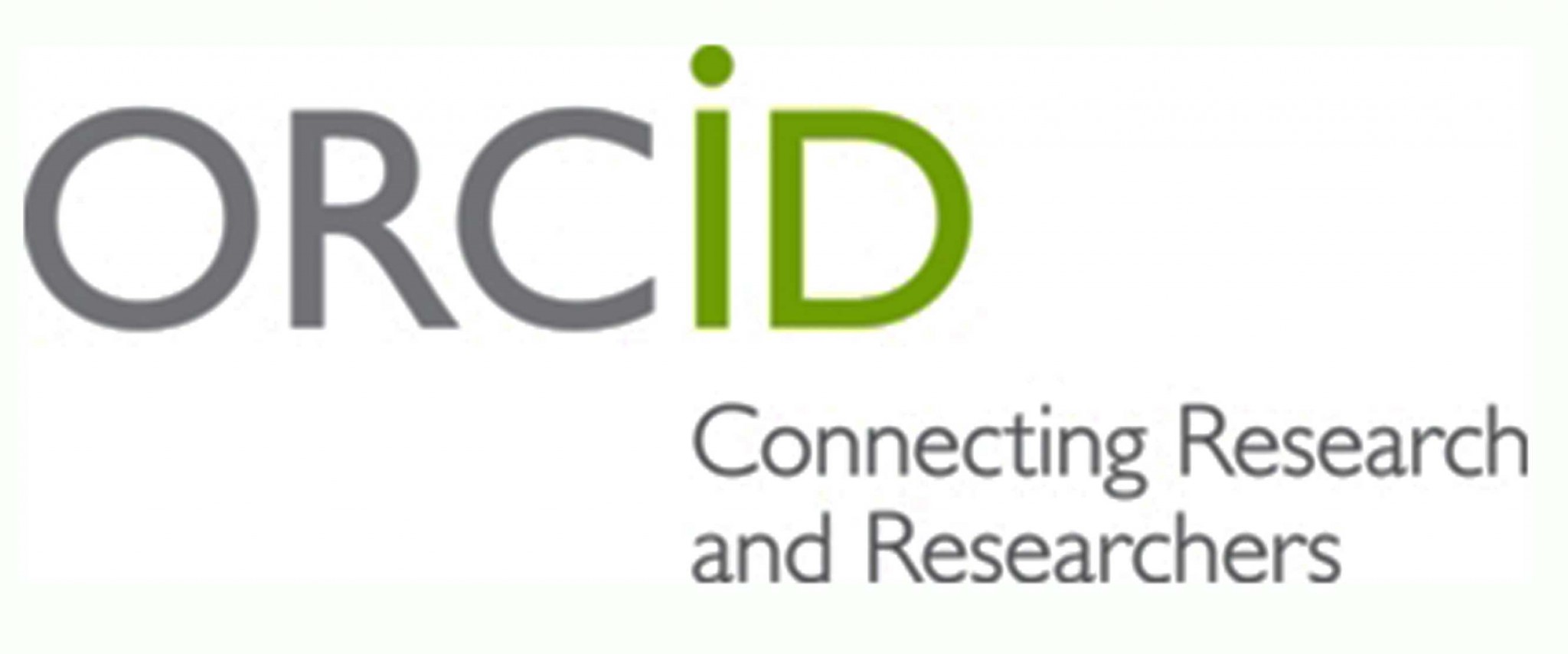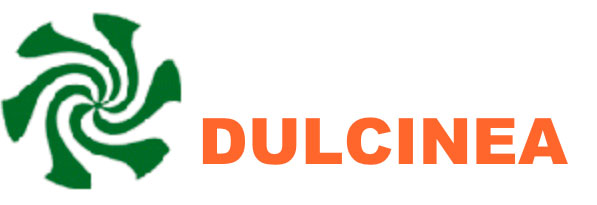About the Journal
Focus and Scope
This journal is published as a means of dissemination and interchange among researchers working in the field of knowledge of Didactics of Language and Literature, and Cultures. Among the topics covered by Digiled, it embraces personal research contributions, the exchange of teaching experiences, as well as the dissemination and rescue of texts that may be of teaching and learning interest.
The journal is at the disposal of research groups, professionals and practiotioners, who work in different fields of knowledge and at any level - both at university and other educational levels -, since as relevant as research contributions, practical activities implemented in the classrooms and case studies might be.
Peer Review Process
Digilec acknowledges receipt for those original manuscripts which have not been part of another evaluation process, but neither reception nor confirmation imply the acceptance of a manuscript for publication. The acceptance depends on the result of a peer review (double blind), which may be:
- Publication without modifications or with minor formal modifications;
- Publication with modifications;
- Publication after substantial modifications, following a further revision;
- Paper not to be published
The result of the evaluation, as well as the reviewers' recommendations will be sent to the author of the manuscript.
For the peer review process, the journal has an extensive and flexible evaluation committee with an accredited experience. The members of this committee will be appointed and renewed by the editorial board.
Publication Frequency
Digilec is published annually, in December.
Open Access Policy
This journal provides open access to its content, on the principle that offering the public free access to research helps a wider global exchange of knowledge.
Fees
DIGILEC does not charge any fees to authors for the submission of manuscripts or the publication of articles.
Plagiarism Prevention
This journal uses Turnitin as a plagiarism detection tool to ensure that all published documents have not been plagiarised and to preserve the copyrights of authors and publishers from violation.
DOI and Digital Preservation
A DOI (Digital Object Identifier) will be assigned to the articles published in the journal. The articles will also be housed in the Institutional Repository of the University of A Coruña, whose policy can be checked in Políticas del Repositorio Institucional de la Universidade da Coruña (RUC)
Citation Style
The citation style of this journal is APA Style, widely accepted by the international academic community.
Ethics and Good Practices
Digilec journal adheres to the Code of Conduct and Best Practice Guidelines for Journal Editors and to the Código ético de la investigación de la Universidade da Coruña. Moreover, the journal takes on the commitment of keeping the following responsabilities related to good practices:
Authors' responsabilities:
- Guaranteeing the authorship or co-authorship of the manuscript.
- Following the format, citation and reference style established by the journal.
- Ensuring that the submitted manuscript is free from fraud or duplicate publication.
- Carry out your research responsibly and following the ethical research code of the Universidade da Coruña, respecting current legislation.
- They must make clear reference to the sources used, and invention, distortion or manipulation of the data used will be avoided. Any image, graphic or similar element taken from another publication will clearly cite the authorship or source of origin. Obtaining permission to reproduce the illustrations, if necessary, is the exclusive responsibility of the author of the article. Likewise, to include information from private conversations, discussions or debates with other people in the academic, scientific or private field, prior informed consent will be required.
Editorial Team responsabilities:
The members of the editorial team must ensure the quality of the publications, promoting good practices in research, trying to avoid malpractice and ensuring scrupulous compliance with the deadlines established for the evaluation of articles.
- They must not use the information to which they have had access for their own personal benefit or to inform third parties.
- They will manage the publication evaluation process with fairness and impartiality, respecting the thoughts of those who have written the submissions and guaranteeing them the right to express their disagreement with the evaluation reports.
- Issue the corresponding accreditations, in recognition of the work carried out by the reviewers.
- They must try to avoid the publication of articles in which malpractice on the part of the authors is evident: redundant publication, plagiarism or self-plagiarism, omission of cited sources, invented, distorted, manipulated or used without authorization. If any case of malpractice is noticed after the publication of the article, the editorial committee will request clarification from the author and, depending on the seriousness of the facts, will adopt the decisions it deems appropriate.
- Mediate any conflicts of interest that may arise.
External reviewers's responsabilities:
- Produce a voluntary, solidary and professional review, following the guidelines established by the journal
- Report any conflict of interest
- Confidentiality
- Objectivity, honesty and respect. They must respect the opinions, evaluations and intellectual position of the authors of the reviewed articles. In their reviews they will provide proposals for improvement regarding writing, content and bibliography, arguing their evaluation in a constructive manner.
- In the event of detecting any type of malpractice in the reviewed submissions, the evaluators will notify the journal's editorial team so that the corresponding decision can be made.
- They must respect the journal's deadlines and deliver their reports in due time. In case of being unable to deliver the evaluation within the scheduled time, or if reviewers do not consider themselves qualified to evaluate the submission, they must notify the editorial team as soon as possible.
Editorial board's responsabilities:
- Competent decisions
- Academic reliability
- Circulation and dissemination of knowledge
- Confidentiality
The journal declines all responsibility that may arise from the infringement of intellectual or commercial property rights. Failure to comply with these aspects may lead to public denial of the articles.
Submissions that are being evaluated by another journal or publisher cannot be sent. Once submitted to the journal, the originals cannot be sent to another journal or publisher until the evaluation process is completed.
DIGILEC advertising policy
The editor of DIGILEC retains the authority to approve or reject any advertisement, exercising the right to do so at any given time. Please note that advertising content promoting tobacco, alcohol, recreational drugs, or any illegal products will not be accepted. Statements in advertisements should carry no direct or implied disparagement of another product. Statements should not be misleading, exaggerated, or go against established facts. Furthermore, advertisements must not include content that is indecent, obscene, or defamatory. The principle of upholding editorial independence from commercial influence forms the basis of decision-making. Editorial decisions remain uninfluenced by advertising. Advertisements must be easily identifiable as such and clearly distinguishable from editorial content. At DIGILEC, we strictly refrain from publishing advertisements disguised as editorial content. In the case of sponsored supplements, it is essential to clearly indicate their sponsored nature.
DIGILEC has a policy against selling treatment-specific or drug-specific advertising that appears directly alongside a specific article referencing the mentioned product in print. However, online advertising may be subject-targeted and does not appear in the PDF version of articles. Every advertisement must effectively and prominently identify the advertiser using trademarks or signatures. For print advertising features, it is mandatory to include the statement "Advertising Feature" in a font size that is at least half the size of the largest font used in the advertisement. Products being advertised must adhere to the regulations of the specific country where the advertisement will be viewed. If the advertising content has obtained approval from the relevant Regulatory Body, it will usually be accepted without any alterations.
About DIGILEC
In 2014 Digilec was established to address theoretical studies, proposals, and practices related to the Didactics of Languages and Cultures. The journal is an annual publication sponsored by the research group DILEC, located in the Departmet of Specific Didactics and MIDE at the Faculty of Education and hosted at the Publication Service of University of A Coruña (UDC) in Spain. While its main focus of interest is on Languages and Cultures, it also integrates other cultural manifestations, such as Arts, Perfomance and Music. The multidisciplinary component of the journal permits the inclusion of Social Sciences and History. This journal is published as a means of dissemination and interchange among researchers working not only in the field of knowledge of Didactics of Language and Literature, but also in the areas previously mentioned, all of them from an iterdisiplinary perspective. Hence, the Scientific Committee includes prominent academic members from institutions in many different countries, scholars and experts from all the areas under study in the journal.
Indexing
ÍnDICEs CSIC, LATINDEX, DIALNET, CIRC, MLA, ERIH PLUS, REDIB, DOAJ, MIAR, ORCID, DULCINEA, SHERPA/ROMEO, WorldCat, BNE, Portal del Hispanismo, CRUE-REBIUN, Sudoc (Francia), Jisc (Reino Unido), Google Scholar













Sponsors
Research Group "Didáctica de las Lenguas y Culturas" (DILEC)
Journal History
Conceived and founded by Professor Alfredo Rodríguez López-Vázquez, Digilec was first published in 2014 with the aim of addressing theoretical studies,proposals, and practices related to the Didactics of Languages and Cultures.While its main focus of interest is on Languages and Cultures the journal also integrates other cultural manifestations, such as Arts, Perfomance and Music. The multidisciplinary nature of the journal allows for the inclusion of Social Sciences and History.
This journal is published as a means of dissemination and interchange among researchers working not only in the field of knowledge of Didactics of Language and Literature, but also in the areas previously mentioned, all from an interdisciplinary perspective. Hence, the Scientific Committee includes prominent academic members from institutions in various countries, scholars and experts from all the areas covered by the journal.





